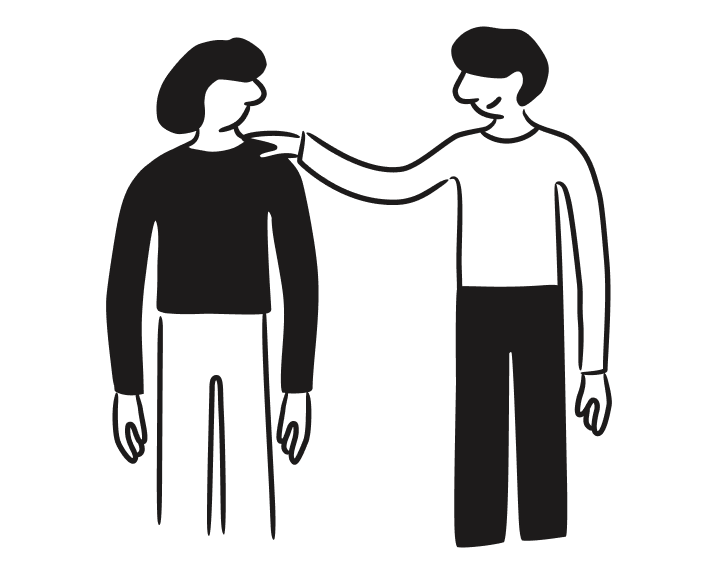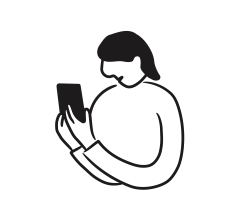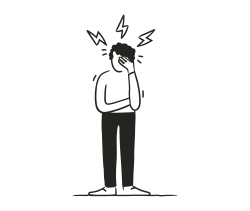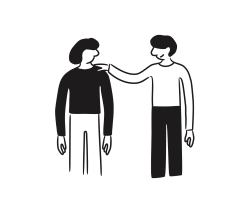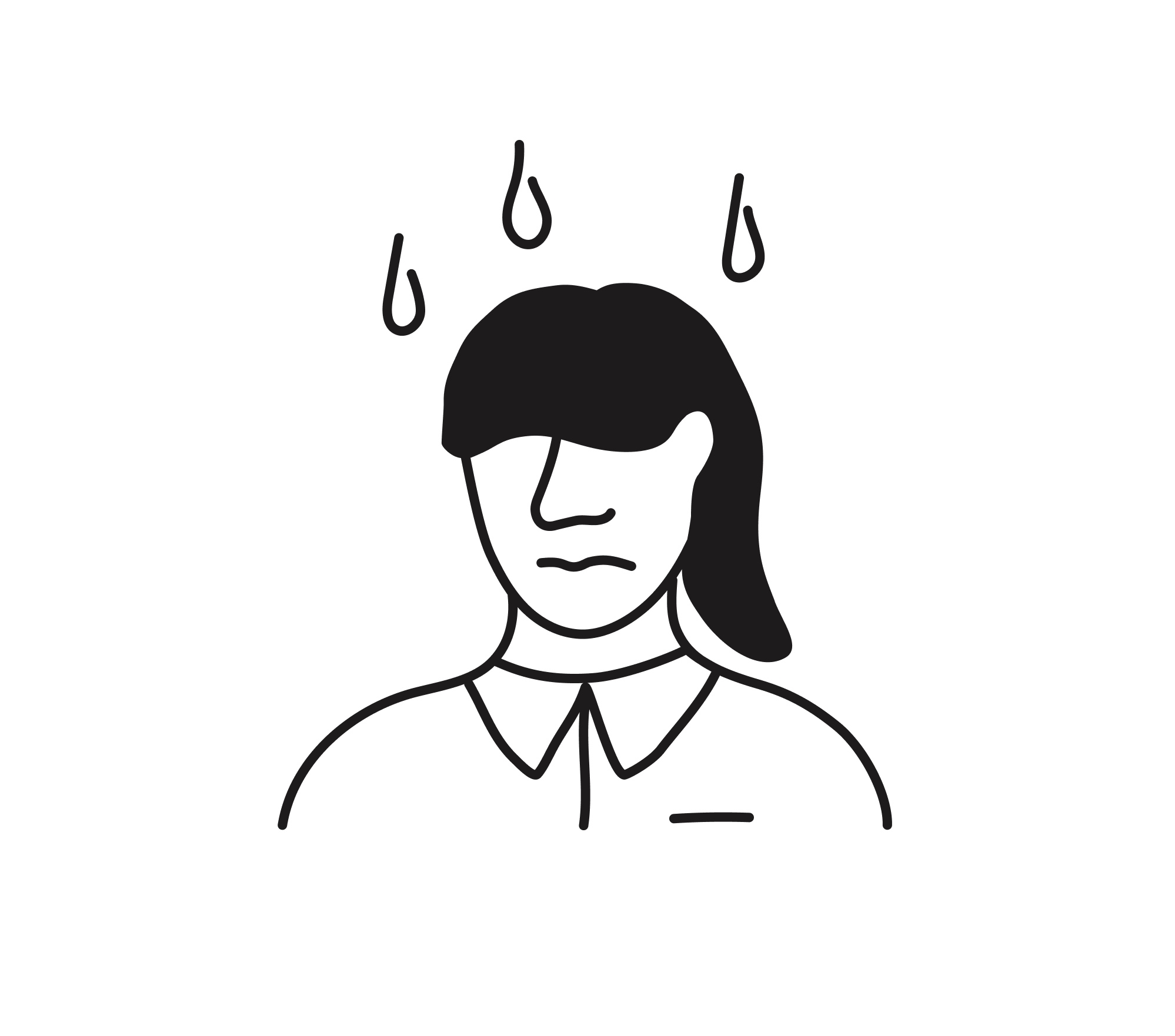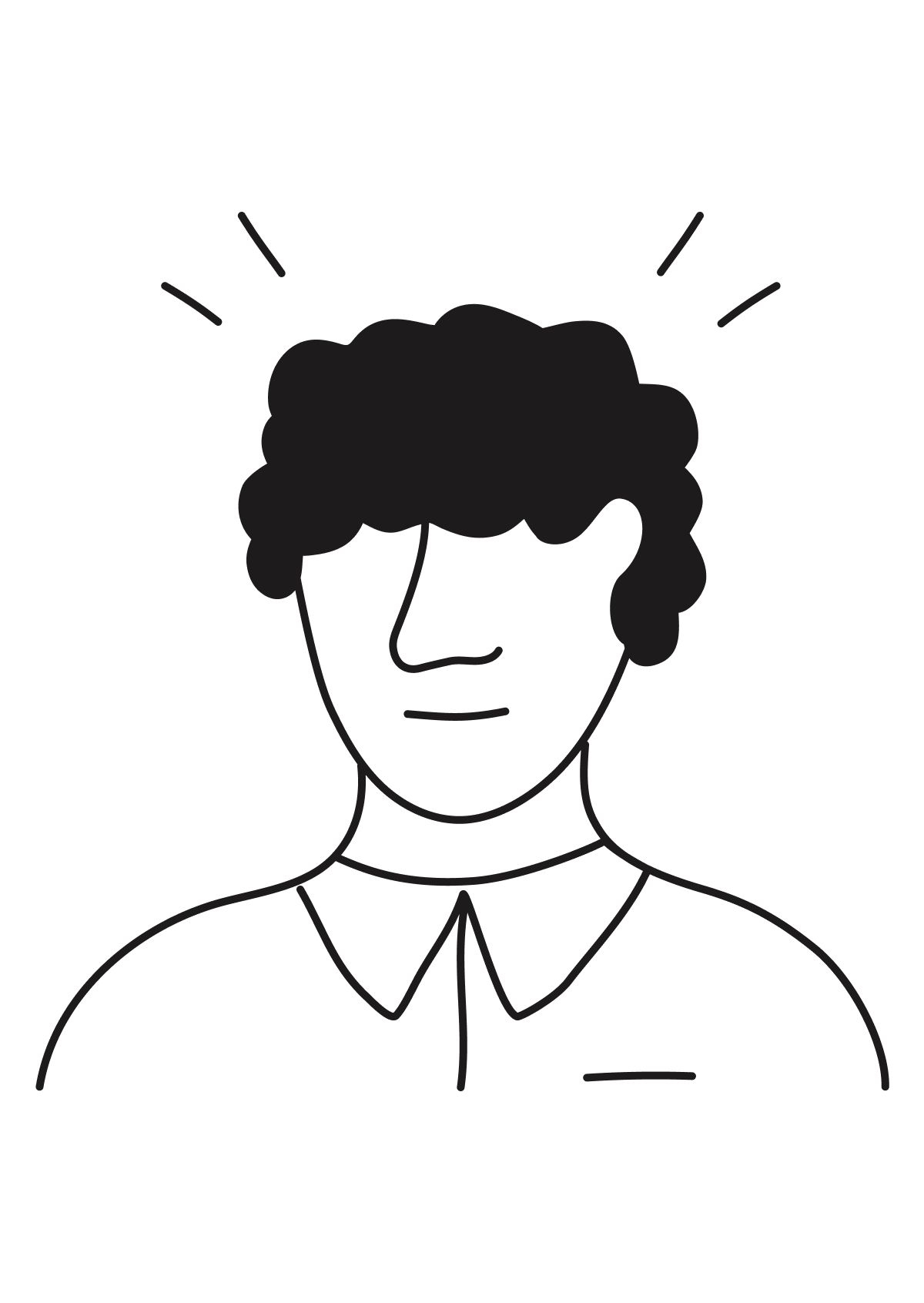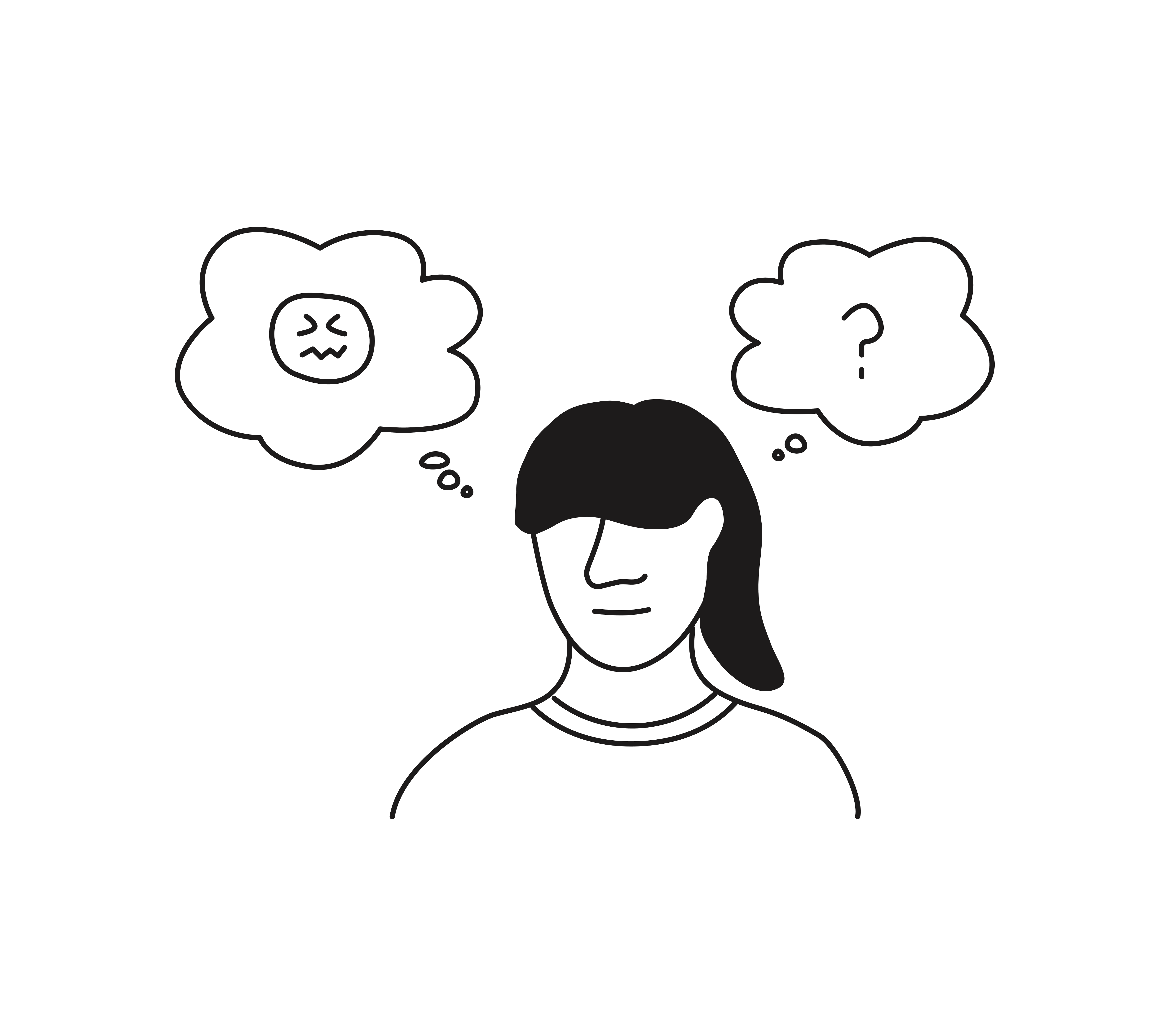What is CBT?
Cognitive behavioural therapy (CBT) is an effective type of talking therapy used to treat a range of common mental health issues including anxiety, stress, depression, PTSD, OCD, social anxiety, phobias, panic disorders, and more.
It is widely used in the NHS to help people find ways to actively change how they feel and behave. CBT addresses your life, here and now, and can make a big difference quite quickly.
How online therapy works
Online therapy is exactly the same as face-to face in almost every way - you will work one-to-one with your therapist but the conversation is typed instead of spoken. Research has shown that people are just as likely to recover this way, and many people have said they found it less daunting and easier to be open.
Online therapy is delivered securely through our online therapy platform. At the time of your appointment, you simply log in and speak to your therapist by typing back and forth. Typed conversation removes the pressure of having a face-to-face conversation, and can allow you to express your true, inner feelings. Sessions usually take place once a week and last up to 60 minutes.






